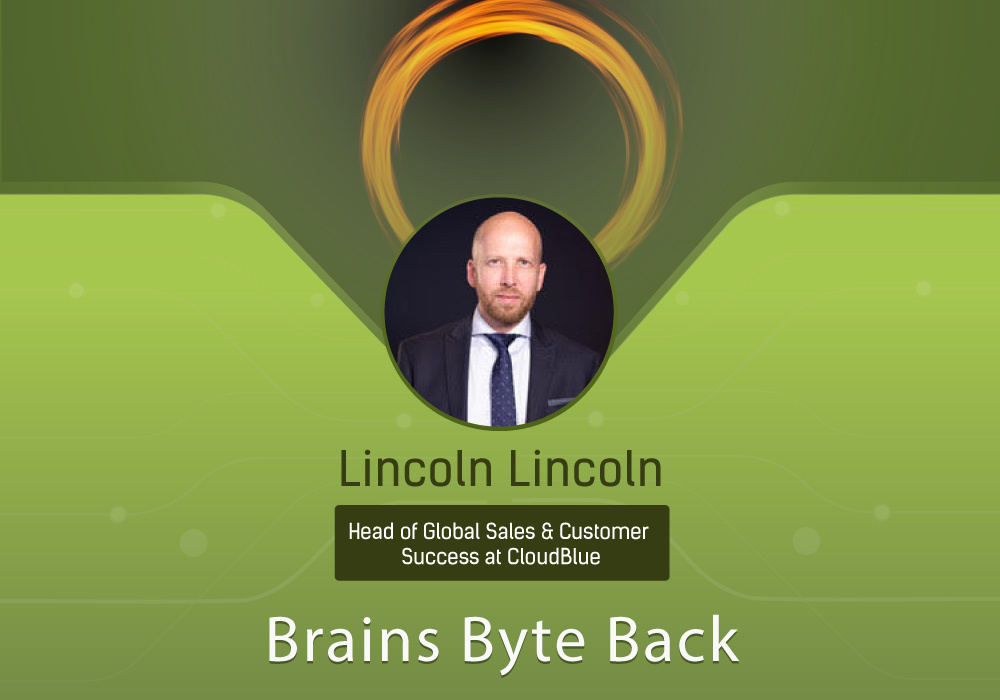Less than 9% of the 300 million tonnes of plastic produced every year is actually recycled. In order to change this, we must first see a change in consumer behavior.
In today’s episode of the Brains Byte Back podcast, we explore how the Everything as a Service (XaaS) economy stands to be a vital tool to create a more sustainable society, alongside how this economy is impacting consumer culture on a broader level.
To do this, we are joined by Lincoln Lincoln, Head of Global Sales & Customer Success at CloudBlue.
Listen to this podcast on Spotify, Anchor, Apple Podcasts, Breaker, Google Podcasts, Stitcher, Overcast, Listen Notes, PodBean, and Radio Public.
We kick off the show by discussing the rise of subscription services, and Lincoln shares the example of Stellantis, a global automaker that he claims generates 20% of its revenue from subscription services for its cars.
With this new approach to a subscription-based model, Lincoln argues that the days of buying a car with a one-time purchase and watching it depreciate as you drive it out of the forecourt are over.
He also shares how features in cars are now sold as subscriptions, such as BMW announcing that heated seats can now be used as a pay-as-you-go service, so you can turn it on during winter, and off during the summer — meaning you only pay for what you want, when you want it.
Additionally Lincoln highlights how the XaaS economy is raising our expectations and demands as consumers.
He draws on the example of the exercise bike company Peloton and advocates that no longer do we buy a simple exercise bike, but we now expect this bike to challenge our fitness goals and produce content that motivates us.
And finally, we discuss how subscription services stand to increase sustainability by encouraging the production of products that stand the test of time and discourage models such as planned obsolescence.
Lincoln advocates that this is because in this modern economy, rather than selling a product as a one-time purchase, when it is sold as a subscription, the consumer benefits because they pay as they go, and the manufacturer is encouraged to create an asset or product that works for as long as possible.
Disclosure: This episode includes a client of an Espacio portfolio company












